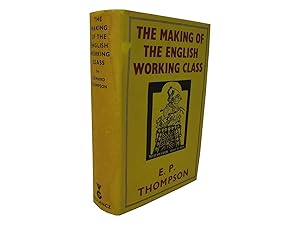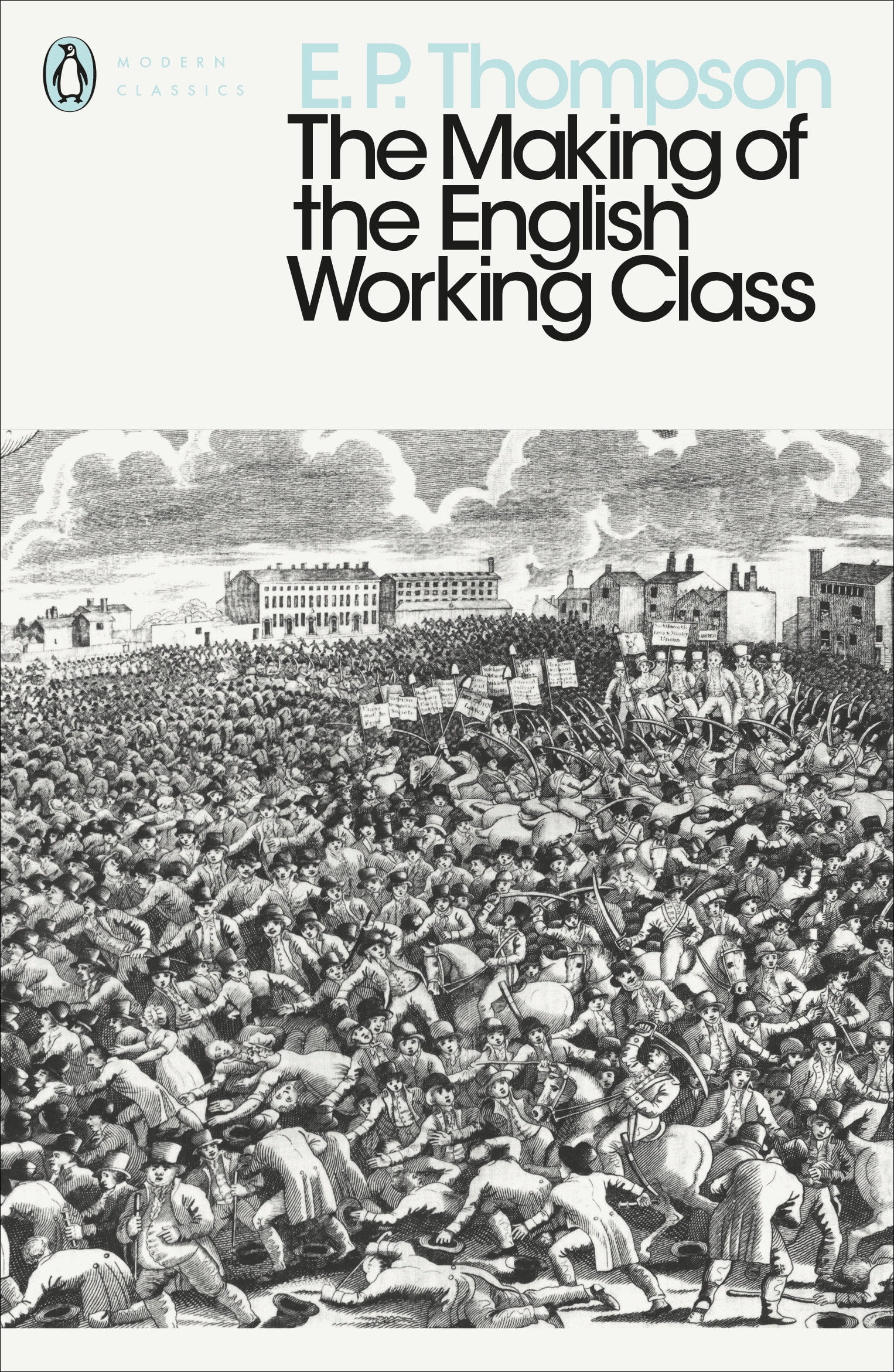

In anticipation of that forum, we invite readers of the journal and this website to contribute their own reflections on and memories of reading, teaching and studying The Making of the English Working Class. History Workshop Journal plans to publish a forum on The Making at Fifty, including contributions by historians on their experience of reading and re-reading the book. Despite or because of these critiques, readers often return again and again to their battered and much-annotated copies of the book, which continues to provoke and inspire, not least because of the extraordinary power of Thompson’s prose.Ī conference at the People’s History Museum in Manchester is already planned.

Among other flaws, critics have focused on its gendering of its subject as male (the Preface describes the book’s project as a ‘biography of the English working class from its adolescence to its early manhood’) its failure to consider the significance of Empire, race, or the world beyond England’s shores and its hostile approach to Methodism as ‘the chiliasm of despair’.

The Making of the English Working Class has also been subject to extensive critique and commentary, not least in the pages of History Workshop Journal. In a few pages in the book’s Preface, Thompson laid out some of the ideas that would guide several generations of historians: class as a relationship rather than a structure or category the working class being ‘present at its own making’ the revolutionary potentials of working-class politics and, perhaps most memorably, the responsibility of historians to ‘rescue’ ordinary people of the past, especially those whose struggles were defeated, from the ‘enormous condescension of posterity’-a phrase that currently generates more than 33,000 google hits.

Undoubtedly one of the most influential historical books of the twentieth century, The Making set much of the agenda for the ‘new social history’ of the 1960s and 1970s, influencing generations of historians and other scholars. Thompson’s The Making of the English Working Class, which was first published by Victor Gollancz in 1963. Next year sees the fiftieth anniversary of the publication of E.


 0 kommentar(er)
0 kommentar(er)
